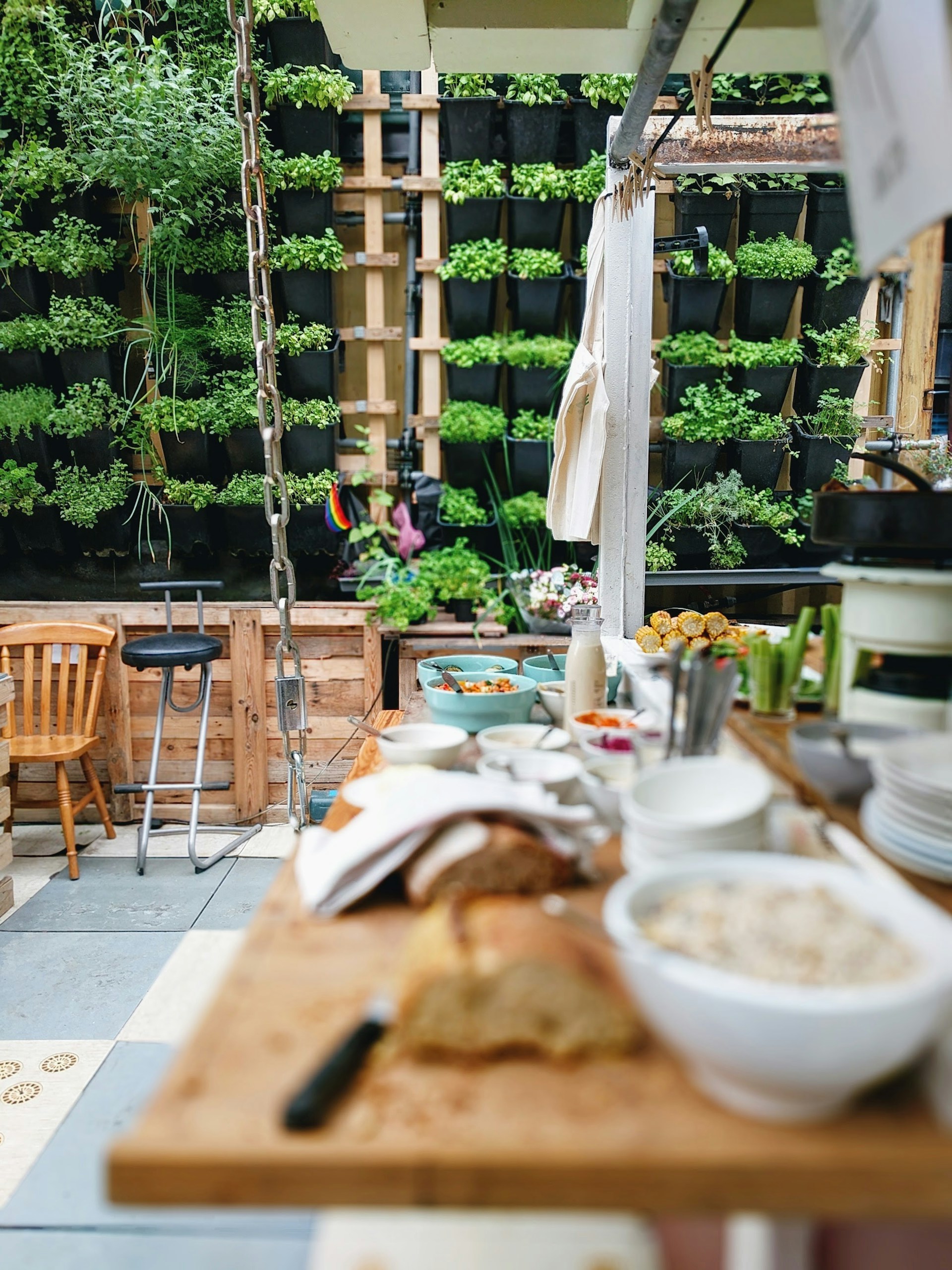The verdant world of hydroponics is an ever-growing field with a plethora of opportunities for nature enthusiasts. Specifically tuned for students, this article aims to shed light on career pathways in hydroponics, and what it takes to navigate this exciting and innovative sphere. With the rise of urban farming and food sustainability concerns, hydroponics, a method of growing plants without soil, using mineral nutrient solutions in water, has piqued interest across the globe. It’s a fascinating domain that marries botany, engineering, and sustainability, making it a hotbed of opportunities for students interested in these areas.
So, what does the professiownal landscape in hydroponics look like? What are some important studies and skills that can jumpstart a successful career in this field? The answers are as diverse and dynamic as the field itself. Let us break it down for you.
- Nursery/Greenhouse Technician
- Cultivation Manager
- Agricultural Engineer
- Agronomist
- Irrigation Technician
- Horticulture Instructor
- Culinary/Food Service
These roles tap directly into the heart of hydroponics. For instance, as a Nursery/Greenhouse Technician, you’ll oversee the health and growth of plants in a controlled setting, monitoring nutrient levels, temperature, and more to ensure optimal growth conditions. Likewise, a Cultivation Manager supervises an entire facility, drawing upon a broader knowledge of hydroponics, team leadership and management acumen. On the other hand, an Agricultural Engineer is concerned more with the development and implementation of equipment, processes, and structures that enhance yield and productivity in hydroponic farming.
And that’s not all. An Agronomist aids in plant selection and breeding for maximum efficiency, while an Irrigation Technician ensures the perfect distribution of nutrient-enriched water to the plants. A Horticulture Instructor, meanwhile, teaches the next generation of hydroponic enthusiasts, and those in the Culinary/Food Service industry can creatively use hydroponics to provide pesticide-free, fresh, local produce for their culinary creations. Each of these roles contributes a unique facet to the colorful mosaic of the hydroponics industry.
Now, with these exciting careers in view, you may be wondering, “”What’s the educational roadmap that leads me to these opportunities?”” Contrary to common belief, there isn’t a hard-and-fast educational prerequisite for entering the world of hydroponics. However, bolstering your knowledge with related coursework in biology, chemistry, engineering, and sustainability can prove beneficial. Familiarity with various plant species, understanding of their growth patterns, and hands-on experience with hydroponic systems can form the foundation of your educational trajectory to these careers.
A solid knowledge foundation in indoor plant cultivation and the intricacies of hydroponics can indeed pave the way for you towards a successful career in this field. How? The Plant Lab Educational Hydroponics System provides an opportunity for students to delve into hydroponics in a practical, hands-on manner. Accompanying lesson topics like ‘What is Hydroponics’ and ‘Plant Life’ provide a basic yet comprehensive look at the science behind hydroponics. This kind of formal and informal education in plant growth, coupled with a passion for sustainable farming techniques, is invaluable in the realm of hydroponics.
Ultimately, a thriving career in hydroponics isn’t just about getting your hands dirty, it’s about understanding the science that goes beneath the soil. Or, in this case, the nutrient solution!
In conclusion, the hydroponics industry offers varied and interesting pathways for the nature-conscious and the scientifically inclined. While formal education can give a bolstering push, passion and curiosity about the field, and dedication to sustainable methods can truly help you flourish. The importance and growth potential of careers in hydroponics cannot be overstated. So, why wait? Start your journey today and contribute to the future of sustainable farming!

